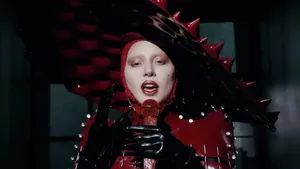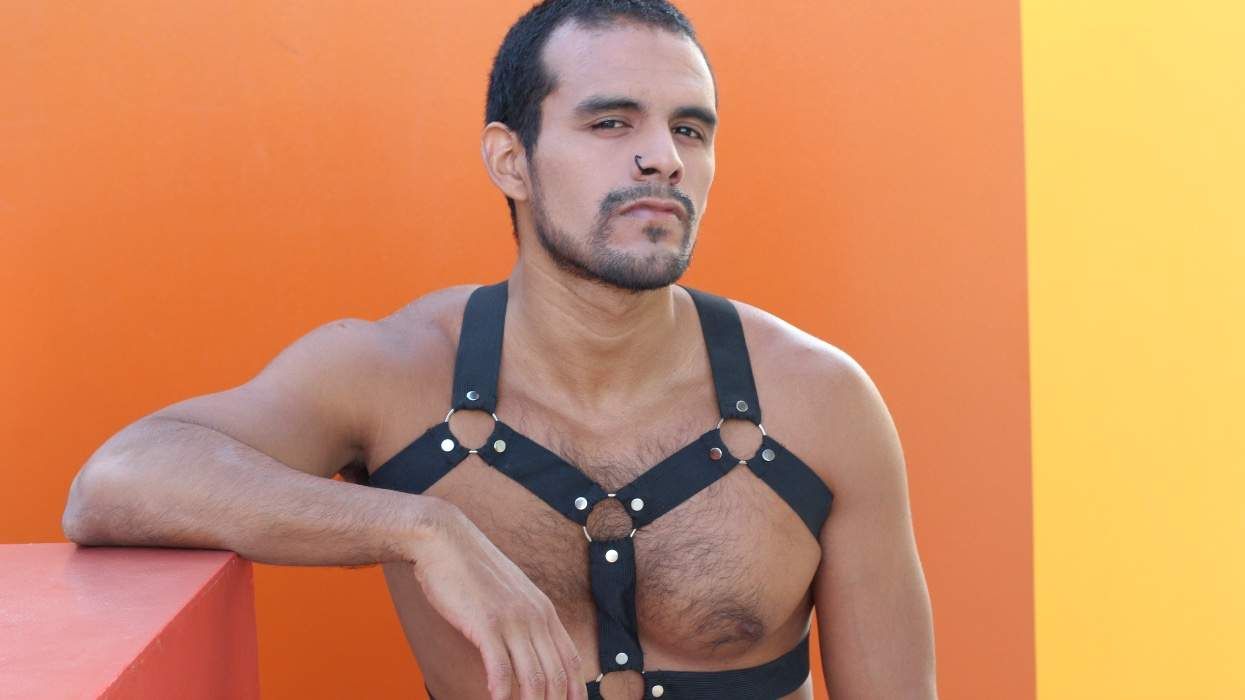The term feminism has had many connotations over the several decades, and many wonder what it truly means in this day and age. While the Third Wave feminist movement fades away and nobody is sure who is going to claim the Fourth Wave (Mama grizzlies fighting for rigid heteronormative lifestyles or women fighting for equal rights), the Paycheck Fairness Act for Women finally makes its way to the Senate after passing in the House two years ago. It’s not a surprise that the Republicans blocked its passage (from a solely political perspective) but a disappointment nonetheless for those who believed in its necessity. I think what has grabbed my attention regarding this political battle is the underlying psychological implications this issue has for all women.
As a clinical psychologist and lesbian/feminist activist, the position I take when looking at any social justice issue is a psychological one. From this perspective, when reading anything that affects women’s rights, I start looking at the unspoken context underlying everyone’s strong opinions. What I see in all those who strongly oppose this bill (not for its logistical or legal reasons but more on the basis of equality and fairness) is misogyny (hatred of women) and gynophobia (fear of women). Besides the usual political tactics, this is what actually drives many men and certain women to oppose equal rights or fair footing for women.
It is no mystery to those of us who are drawn to more socially progressive views to find any block for equal rights from the Republicans offensive. In a psychological context, though, what does their opposition mean exactly, and how does their influence and power over political decisions continue affecting women’s psychological makeup – even those women who vehemently believe in the importance of “family values” and find feminism a threat to their family systems and children? Opposition to equal rights for women undermines all women’s self-esteem at the core, beginning in girlhood, by perpetuating the ancient Judeo-Christian concept of patriarchal heteronormative superiority. As we see in this fight, this bias can still be extremely overt, because when these opponents of the Paycheck Fairness Act for Women say it is not necessary for the government to help women obtain equal rights, they are saying, ”We still do not value you.” This argument actually exhibits extreme forms of misogyny and sexism disguised as political manipulation from those who are actually holding the power, but it also speaks to the severe issue of sexism in the American public, because politicians ostensibly vote on behalf of their constituents. Denial of this act screams hatred of women. Why is this still happening in 2010? My answer, from a socio-psychological historical viewpoint, is because the devaluing of women is still grossly present in our culture dating back to ancient times, when it was originally set up by partriarchal-heteronormative oppressive ideologies to control women and reap the benefits of privilege this type of control creates.
more on next...
\\\
(continued)
It saddens and angers me when I see that women who are unconsciously aligned with the partriarchy and heterosexist belief systems don’t understand this. From a psychological perspective, their stance can be seen as internalized misogyny and gynophobia. This attitude is characterized by hatred of self because one is a women and therefore not as valuable or worthy as men. I daresay the penis is the source of the perpetual psychological problem that keeps women down – a problem that manifests internally in a myriad of unconscious and conscious ways: a women’s fear of their own truth and power; their fear of other women as “the competition,” those who can take away their own power if they attempt to share or work collectively (this one is mostly unconscious, because, after all, most women feel they love other women); and, worse yet, ambivalence towards their daughters’ power and value (Chodorow, 1991), which is how this internalized type of trauma becomes imbedded in women’s psyche in the first place. There is no more egregious examples of this internalized misogyny in Western Civilization than during The Burning Times when many women helped men burn so-called witches at the stake.
From this standpoint, we can begin to see why so many people, including women themselves, are terrified of allowing women access to their inherent power such in the same way one can see (if one truly looks) at post-slavery, violent, racist behavior as fear of black people’s power and current homophobic rhetoric as fear of LGBT people’s psychological power. The oppressors obtain power through psychological warfare, and, I might add, this tactic is extremely effective (Lerner, 1981). It works like this: devalue and shame those whom you want to control and manipulate, and eventually you hold all the power without having to use outwardly violent methods any longer because the internalized, devaluing, oppressive forces do it for them (Costine, 2007).
Please keep these psychological concepts in mind when contemplating any fight for equality. As those of us who are proudly able to declare ourselves modern-day essentialist feminists work toward equal rights for women and desire a better world for ourselves, our sisters and our daughters experience the real fight going on underneath the political arena: the perpetual problem of societal misogyny, gynophobia, internalized misogyny, and internalized gynophobia. All women have these psychological issues – you cannot grow up in patriarchal-heternormative world such as ours without developing them. Once this makes sense to you, then pay attention to how empowering it feels when you begin to understand what is going on beneath all the political battles for equal rights. Once you have a more psychological perspective on everything you believe in, the action you take will become more effective, because you no longer will be seduced or allured by those oppressive forces inside of you that want you to stay small or full of self-loathing. Then the true fight starts and self-empowerment begins.
Be SheWired's Friend on MySpace!






















































































 Cindy Ord/Getty Images
Cindy Ord/Getty Images

























